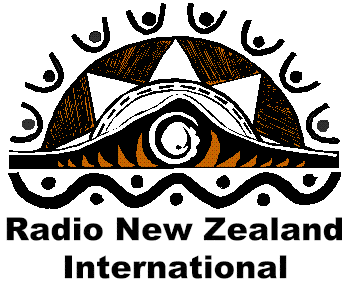Many of you may have noticed in the news yesterday that shortwave radio was used by the 11 Russian agents who were carrying out espionage within the United States. An article in the New York Times noted that one of the methods they used to communicate with the S.V.R. headquarters in Russia was via shortwave radio. The article mentioned that the agents would send “coded bursts of data” via shortwave transmitter.
The NY Times article failed to mention that the agents no doubt received messages from Russia via shortwave numbers stations.
So why is shortwave radio–a rather “low-tech” communications medium–used in modern espionage? The primary reason is it’s almost impossible to trace, thus messages leave little to no breadcrumbs for one to follow back to the source.
For decades, radio listeners have been trying to figure out from where numbers station broadcasts originate. They’ve had very little success. Indeed, the only breaks we’ve had have been when the broadcasting station makes a mistake. This has happened once with a numbers station message originating from Radio Havana Cuba. Listeners heard the faint sound of an RHC broadcast in the background–they were obviously hearing noise from across the studio hall.
Of course, another reason shortwave radio is used to relay secret messages is because it’s almost impossible to block. I wrote an article called “When shortwave radio is better than the Internet” that describes why this characteristic alone is an important reason to keep shortwave stations on the air around the world. No government or local authority can prevent you from listening to shortwave broadcasts–whether you’re a spy (like this lot) or simply living in a country where the folks in charge like to control your access to the news and information.
One small shortwave radio can break through all of that red tape.
UPDATE: For more information on how radio was used by these agents, check out the US Department of Justice’s website. In particular, check out pages 11-12 in this document. (Thanks to David Goren for this tip.)
For more information:
- Read our previous post on numbers stations
- Read our popular post: When shortwave radio is better than the Internet
- Read Slate Mag’s article: 7887 kHz, Your Home for Classic Cuban Espionage Radio. The shortwave radio signals that the alleged Russian spies were using are still surprisingly effective.
- Read the Christian Science Monitor’s article: Russian spies: Top 5 old-school espionage technologies that still work


